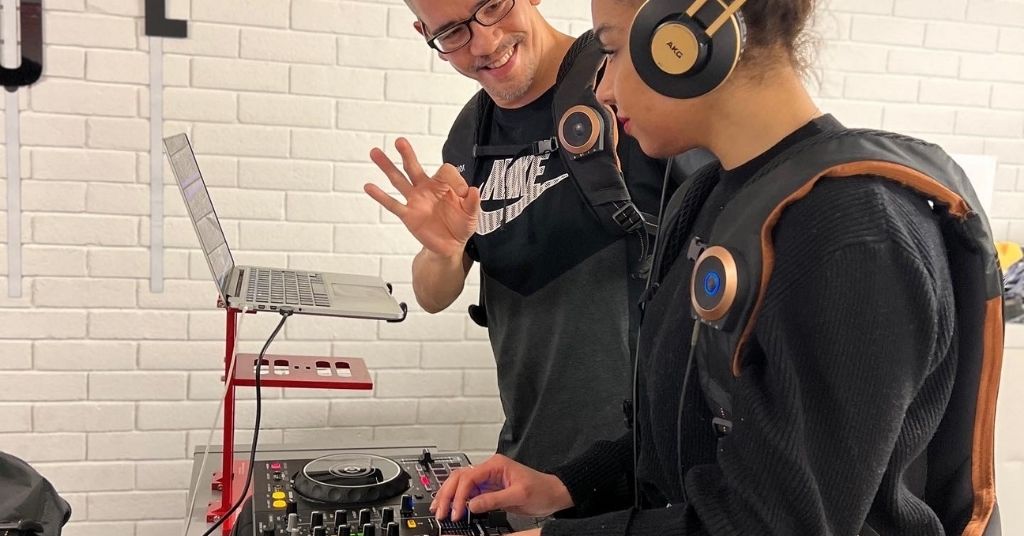
What caused my hearing loss?
July 9, 2019
How mild-moderate hearing loss often is overlooked in the classroom
July 11, 2019New research shows music can help language development

Ludwig van Beethoven is quoted as saying “Music is like a dream. One that I cannot hear.”
Beethoven had severe hearing loss and tinnitus, but he still found comfort in music. This is the case for many people with hearing loss, and new research shows that music might even play a more important role in language development, especially among deaf children.
Music develops spoken language in deaf
Researchers at the University of Helsinki say that music can support the development of language, according to a recent article in Science Daily.
The Finnish researchers have compiled guidelines for parents, educators, speech therapists and rehabilitation specialists, to utilize the special powers of music.
Music, especially singing, benefits the brain children with hearing loss and their spoken language, according to University Lecturer of Logopedics and speech therapist Ritva Torppa.
“These skills make children’s lives easier,” Torppa says in the article published in the Hearing Research journal. “Listening to speech, for example, in noisy surroundings becomes less stressful, while communicating with others and absorbing information in school and everyday life also becomes easier.”
Both children with hearing aids and cochlear implants may benefit from musical activities, according to the article.
Tips for using music for speech development
Based on their studies, and traditional auditory rehabilitation, music therapy methodologies, and speech and language therapy methods, the researchers have drafted the following recommendations:
- Start using music systematically at an early age, before implantation or the application of hearing aids. Continue musical activities more than one year, to improve speech perception.
- Use bodily movements and orientations in the rhythm of the music.
- Sing, and use singing as your main instrument, especially with a young child.
- Be sure to use plenty of repetition.
- Engage children in musical activities in small groups; use several musical instruments and pictures/toys presenting lyrics.
- Take turns singing
- Use computer games and apps to help the child perceive and produce sounds.
- Give advice to school music teachers.
- Support musical hobbies of teenagers with hearing impairments.
To read the full details of the recommendations, visit ScienceDirect.com.
Read more: Engaging and fun speech activities we use at home for babies, toddlers and children



